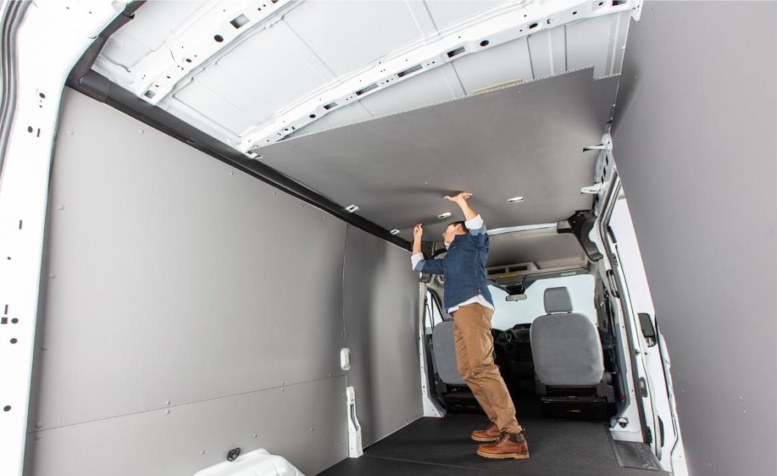A Canadian hemp composite producer has received a $10 million (US $7.4 million) grant that will support development of a manufacturing facility to turn out products for the automotive, marine, wind energy and consumer products industries.
INCA Renewtech, Kelowna, Alberta, processes stalk from hemp grown for grain and turns it into biocomposite core material. INCA already supplies Winnebago Industries, Forest City, Iowa, with panels used in recreational vehicles and truck trailers through a partnership with laminate materials maker Genesis Products, Elkhart, Indiana.
The company also has commercialization partnerships with Gurit (Wattwil, Switzerland and Bristol, Rhode Island), a composites maker; and Toyota North America (Plano, Texas), and said it is finalizing joint development agreements with both Canadian and U.S.-based polymer producers.
Speeding up
“This funding will enable INCA Renewtech to significantly accelerate construction of our state-of-the-art hemp processing and composites manufacturing factory,” said David Saltman, INCA’s chairman and CEO.
The grant to INCA, from Emissions Reduction Alberta (ERA), is a part of the Circular Economy Challenge, a total CAD $58 million fund set up by the provincial government that is focused on advancing innovations that will reduce the impacts of material production, processing and disposal, and support economic development. ERA invests revenues from the carbon fees paid by large emitters, with the goal of accelerating the development and adoption of innovative clean technology solutions.
The nearly 200,000 sq. ft. INCA factory, going up in Vegreville, Alberta, will turn out refined short and long fibers to substitute scarce balsa wood in boats, wind turbine blades, car parts and components for the rail industry. Total investment in the facility, located on an 18-acre industrial site, is estimated at CAD $72 million (US $56.6 million).
INCA received CAD $400,000 (US $315,000) in a Ministry of Agriculture grant, also in support of the new facility, last year.
Being built adjacent to the provincial government’s InnoTech Alberta research facility for hemp composites, genomics and agronomics, the INCA complex is expected to be operational in early 2024. The company has said when ramped up to capacity, INCA’s operation will purchase 54,000 tons of plant stalks per year from Alberta hemp grain growers. INCA estimated it could purchase more than CAD $43 million worth of hemp biomass, employ 270 people, and pay CAD $51 million in provincial and federal taxes over the next decade.
Other projects
Projects that received funds from the Circular Economy Challenge support waste reduction, material and feedstock substitution, novel plastics recycling, and value recovery; others produce high-quality fertilizer, recycle asphalt from roof shingles, and sequester carbon in concrete.
If successful, the projects will reportedly result in cumulative greenhouse gas reductions of up to four million tons by 2050 — equal to offsetting the carbon footprint of one million homes, according to ERA. The agency said the combined initiatives could create 1,835 jobs per year in Alberta and have a CAD $350 million GDP impact on the province by 2025.
Projects were selected through a competitive review guided by a team of experts in science, engineering, business development, commercialization, financing and greenhouse gas quantification.
All ERA funding recipients must produce public reports showing CO2 reductions, job creation, and other environmental, economic and social impacts.
The Circular Economy Challenge investment aligns with provincial initiatives including the proposed Extended Producer Responsibility (EPR) strategy, initiatives in recycling agricultural plastics, and the Natural Gas Vision and Strategy’s goal to establish Alberta as a center of excellence for plastics diversion and recycling.

